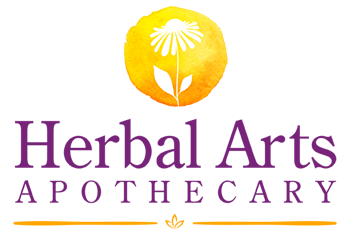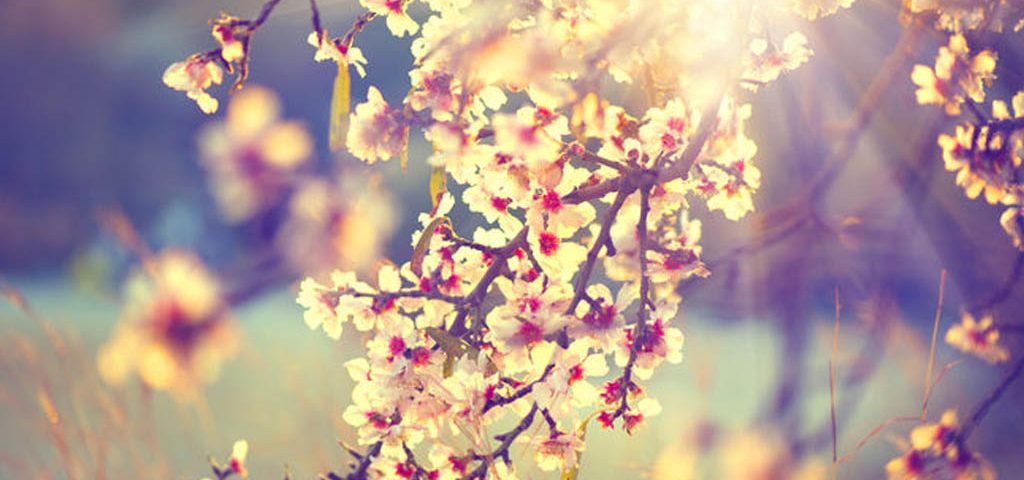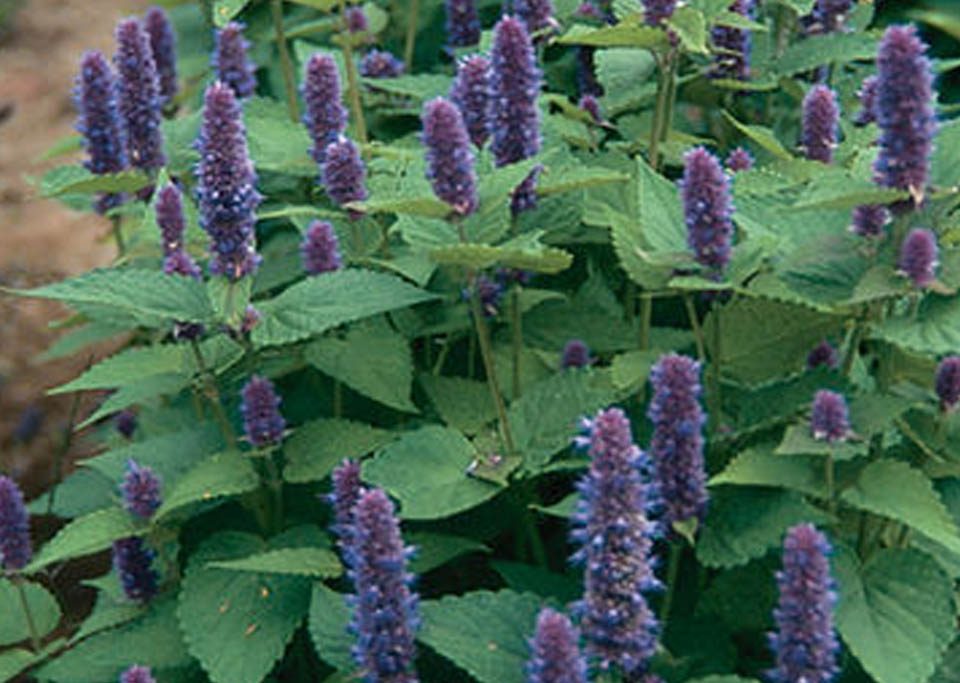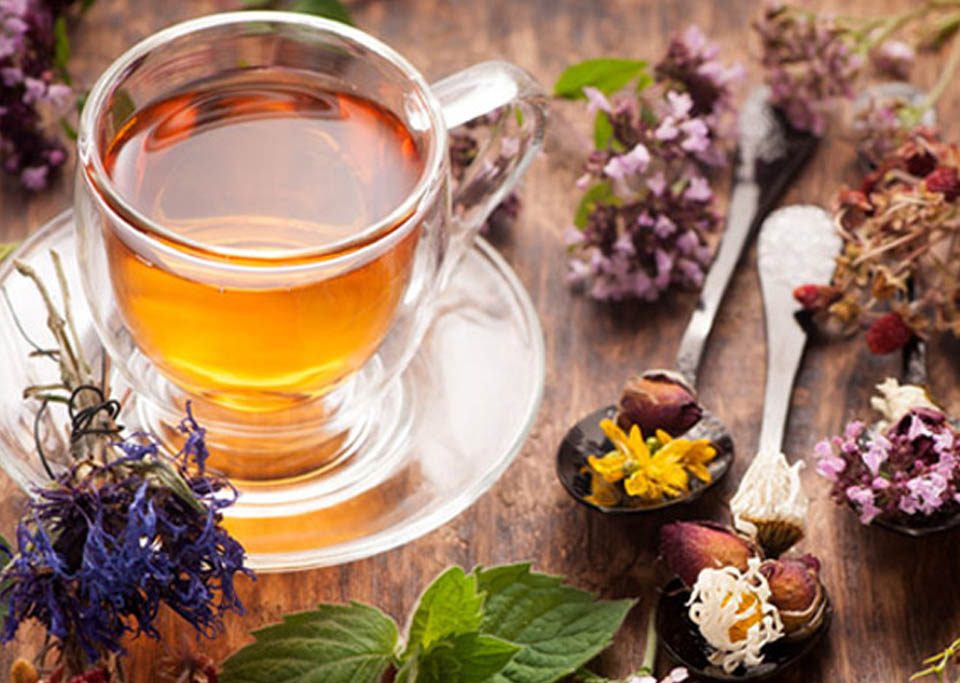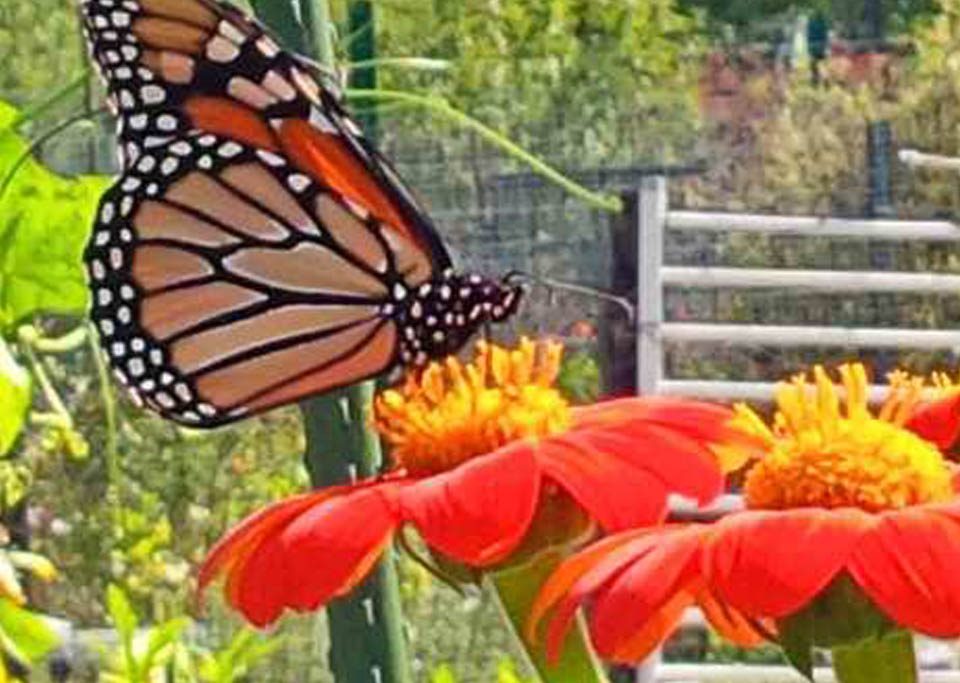Musings on “Adulting”

Back to Work on Herbal Arts Apothecary
March 19, 2019
The Gift of Empowerment
June 20, 2019We’ve dealt with some illness, death, and adversity in these parts recently. My husband and I were having a conversation about the stress we’ve been under, and our capacity to deal effectively (or ineffectively) with it, as the case may be. We decided that dealing with tough stuff might in some ways be harder for us than for our ancestors- for the simple fact that we are living in an era where most of us expect to be happy all the time. Life is supposed to be easy, and when it isn’t, many of us crumble. Our ancestors didn’t have this expectation. As a historian, this intrigues me. What has changed?
“Adulting” has become a buzzword for the routine tasks that used to mark adulthood, but now seem almost too difficult for most of us to handle. All you have to do is look on social media for incessant grumbling about the burdens of “adulting.”
Have we simply gotten “soft” in the midst of the greatest widespread luxury and ease the world has ever seen, or is there even more at play here? I’ve been pondering this question since the initial conversation with my husband. I would argue that the isolation from natural processes has led to an unrealistic expectation of what life here on earth is supposed to be like. Living in largely artificial, human-created environments, we can forget that life is HARD. There are cycles- of death, struggle, and hardship. There are also cycles of beauty, new life, and relative ease. All you have to do is to really experience the four seasons in their dramatic form (like here in the Northeast) to see this. Life gets hard (Winter), but ease returns (Spring). Eventually, it gets hard again. And so it continues….
“They” say that exposing children to nature makes them more resilient. I think I can see why. The lessons we learn when we live a little closer to nature are so valuable- they are the subtle, but deep philosophical lessons of life. Maybe if we really understood that our lives are a part of nature, and subject to the same cycles, “adulting” might just be a little bit easier.
